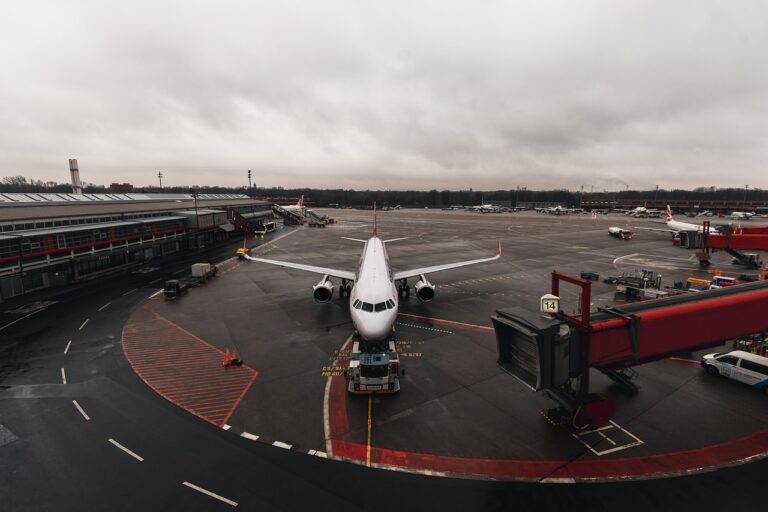The Impact of Travel Bans and Restrictions on Tourism Industry Recovery
As the global landscape continues to grapple with the pandemic, governments around the world have been implementing travel bans and restrictions as a crucial measure to curb the spread of the virus. The primary factor influencing these decisions is the need to prioritize public health and safety above all else. Countries are making tough choices to limit the movement of people in an effort to contain the virus within their borders.
Additionally, the guidance and recommendations from health organizations such as the World Health Organization (WHO) and the Centers for Disease Control and Prevention (CDC) play a significant role in shaping travel bans and restrictions. Governments look to these expert bodies for advice on the severity of the situation and the appropriate measures to take in response. The credibility and expertise of these organizations provide a solid foundation for countries to base their decisions on when it comes to imposing travel bans and restrictions.
Challenges Faced by the Tourism Industry
The ongoing challenges confronting the tourism industry have created a myriad of uncertainties for businesses and travelers alike. With the abrupt imposition of travel bans and restrictions, the industry experienced a significant downturn, leading to widespread financial losses for airlines, accommodations, and tour operators. The volatile nature of the pandemic has made it extremely difficult for industry stakeholders to forecast and plan for the future, resulting in widespread disruptions and operational setbacks. Moreover, the lack of a unified global response to the crisis has further compounded the challenges faced by the tourism sector, highlighting the complexities of coordinating international travel regulations and safety protocols.
Impact on International Travel
The global outbreak of the COVID-19 pandemic has significantly impacted international travel. Countries around the world have implemented travel restrictions and bans in an effort to control the spread of the virus. These measures have led to a sharp decrease in international tourism, affecting airlines, hotels, tour operators, and other businesses in the travel industry.
The closure of borders and restrictions on travel have disrupted not only the leisure travel sector but also business travel. Many conferences, meetings, and events have been canceled or moved to virtual platforms, reducing the need for international travel. The uncertainty surrounding the duration of these restrictions and the ever-changing nature of the situation have created challenges for travelers and businesses alike.
What are some factors influencing travel bans and restrictions?
Factors such as the spread of infectious diseases, political instability, natural disasters, and security concerns can influence travel bans and restrictions.
What challenges are faced by the tourism industry during times of restricted international travel?
The tourism industry faces challenges such as decreased revenue, job losses, canceled bookings, and a decline in tourist arrivals.
How does restricted international travel impact the tourism industry?
Restricted international travel can lead to a significant decrease in tourist arrivals, resulting in financial losses for businesses in the tourism sector.
Are there any measures that can be taken to mitigate the impact of restricted international travel on the tourism industry?
Some measures that can be taken include promoting domestic tourism, offering flexible booking policies, and implementing health and safety protocols to reassure travelers.





